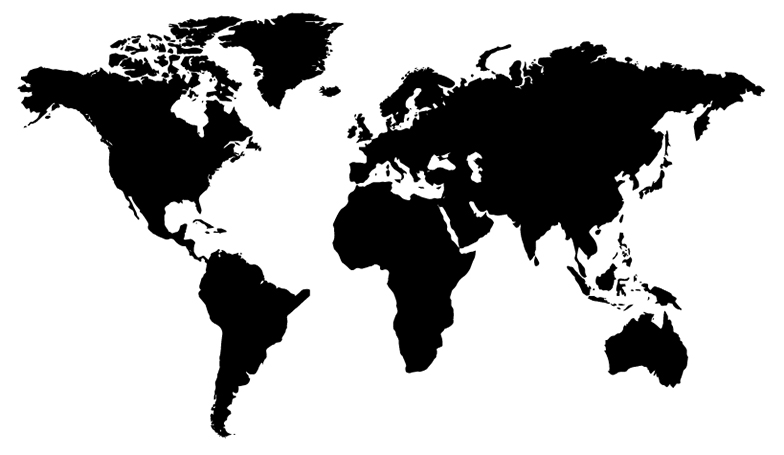In June, the U.K. voted to leave the 28-country European Union (the process generally is known as Brexit). Those of us who saw the worldwide markets respond to the Brexit vote - calamitous drop in stock market indexes worldwide, an historical drop in the value of the British Pound, and general economic distress around the globe - are asking: What's next?
The essay In Wake of 'Brexit,' Addressing Voter Anger With More Than Lip Service from the Brookings Institute is a worthwhile start to understanding the meaning of Brexit, particularly its possible effect on U.S. politics and the upcoming election. According to David Wessel, director of Brookings Hutchins Center on Fiscal and Monetary Policy and a contributing correspondent to the Wall Street Journal, following the Brexit vote, “at least one big lesson for the U.S. is already clear: There are a lot of people who have not enjoyed the fruits of globalization; whose incomes are stagnating; and who feel threatened by technology, trade, and immigration. They are angry. And they vote.”
Wessel continues: Proponents of technological progress, globalization, and immigration” know “what's good for society as a whole is not good for everyone. But they have talked more about compensating the losers than they have acted.”
Wessel says Donald Trump gets this, citing his speech June 24 from Scotland following the Brexit vote. “Come November, the American people will have the chance to re-declare their independence,” Trump said. “They will have the chance to reject today's rule by the global elite.”
Wessel argues it's now the responsibility of the elite - “on the leaders of U.S. companies, on academic and think-tank scholars, on internationally aware politicians (including, especially, Hillary Clinton)” - to come up with something more than a modest expansion of Trade Adjustment Assistance. “If ever there was a time for bold proposals, it's now,” he says.
Wessel quotes MIT economist David Autor, an expert on economic harm to American communities caused by China's economic competition and the political effects of it. Autor, who remains a free trader, argues it is not true to repeatedly say free trade is good for you and that everyone benefits. He says, rather, “[We need to recognize] these costs are real, that we should recognize the benefits of trade, and recognize that certain individuals are going to be worst off, and then develop policy that helps mitigate those adverse impacts.”
Wessel agrees the angst of voters needs more than lip service. “I don't want a generation of Chinese, Indian, Mexican, and South African youths to grow up thinking that my country decided that the only way we could prosper was to keep them poor so we built walls and turned inward,” he says. “But I also don't want a generation of U.S. children to grow up thinking that people like me and my family got most of the prosperity produced by globalization and technology and that they got nothing.”
